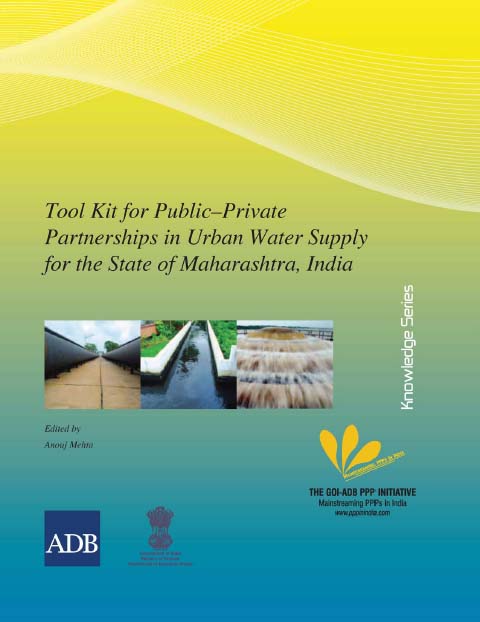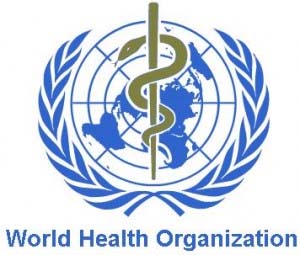Drinking and other Domestic Uses
Bamboo charcoal as a natural Water Filter - An indigenous rural application
Posted on 16 Jul, 2011 07:24 PMGuest post: Shwetha Kamath (India Water Portal Volunteer)
About 74 per cent of India's total population, currently about 1.25 billion, live in rural areas. More than one third of the water available to them is not potable. In a grim reminder that poor quality of drinking water leads to serious health problems, India has admitted that about 180,000 rural populated areas are afflicted by diseases which are caused due to impure, toxic organic and inorganic substances including tri-halo methane, chlorine, etc. Some states have reported multiple contaminations in drinking water and there is no doubt that the current water situation in India will get much, much worse unless suitable solutions are sought. Most existing purification methods not only remove the impurities but drain out the essential minerals as well. Moreover, they are expensive and require extensive maintenance. Thus a natural filter comprising of bamboo, gravel, pebble and other locally available natural adsorbents is a great alternative to carry out water purification. What makes this filter unique is the use of bamboo charcoal which is not commonly used in any filter designed for domestic purposes.
Public-Private Partnerships in urban water supply for Maharashtra – Tool kit by GoI-ADB PPP Initiative
Posted on 16 Jul, 2011 06:48 PM
The various possible PPP structures for the sector were studied, and their applicability assessed in the context of the selected sample cities. Consultations led to development of term sheets for these PPP structures, which were identified as most suitable and feasible for implementation.
The above exercise has led to development of this report, which may be considered as a tool kit designed to help decision makers decide whether a particular project might be suitable for the PPP route or not. The tool kit can, therefore, be the basis for approving a project implementation structure as part of the overall project approval methodology.
A comparison of PureIt and Swach water purifier brands - Guest post by Mrinalini Goswami
Posted on 14 Jul, 2011 11:59 AMGuest post by: Mrinalini Goswami
Both the purifiers already have identified their space in the niche of household water treatment establishing themselves as competitive technologies. Brief highlights of both the purifiers are compiled in the table below:
Water For People is looking for business development manager at Kolkata/Delhi – Apply by July 15, 2011
Posted on 12 Jul, 2011 02:27 PMContent courtesy: DevNetJobsIndia
Water for People helps people in developing countries improve quality of life by supporting the development of locally sustainable drinking water resources, sanitation facilities, and hygiene education programs.
Delhi water privatization: FAQ on background and recent developments
Posted on 10 Jul, 2011 08:09 PMEarlier efforts at introducing privatization in Delhi can be traced to 2002, when the DJB commissioned the Delhi Water Supply and Sewerage Project Preparation Study with the assistance of the World Bank.
National Water Policy - An alternative draft for consideration by Ramaswamy R Iyer - Economic and Political Weekly
Posted on 10 Jul, 2011 08:31 AMThe paper sets forth for consideration a broad national perspective on the nature of water and on its prudent, wise, sustainable, equitable and harmonious use. The Ministry of Water Resources is at present engaged in revising the National Water Policy 2002. Iyer is of the opinion that instead of trying to make changes in the 2002 Policy, the Ministry should put it aside and draft a new policy, starting from first principles.
Guidelines for drinking water quality - Fourth edition by World Health Organisation (2011)
Posted on 09 Jul, 2011 10:41 AM This integrates the third edition, which was published in 2004, with both the first addendum to the third edition, published in 2006, and the second addendum to the third edition, published in 2008. It supersedes previous editions of the Guidelines and previous International Standards.
This integrates the third edition, which was published in 2004, with both the first addendum to the third edition, published in 2006, and the second addendum to the third edition, published in 2008. It supersedes previous editions of the Guidelines and previous International Standards.
This edition of the Guidelines further develops concepts, approaches and information introduced in previous editions, including the comprehensive preventive risk management approach for ensuring drinking-water quality.
Centrally sponsored schemes ARWSP and TSC have not done enough to ensure right to water and basic sanitation : Article from Combat Law
Posted on 28 Jun, 2011 04:59 PMThe Universal Declaration of Human Rights (1948) recognises the inherent dignity and the equal and inalienable rights of all human beings. There are certain basic needs that are essential for a dignified life. Water and sanitation are two of these essential human needs and a clean environment is also increasingly recognised as a fundamental human right.
An openwell as a source of water in Bangalore city
Posted on 27 Jun, 2011 04:48 PMAshwas process handbook - A planning and execution guide for participatory surveys of household water and sanitation
Posted on 25 Jun, 2011 04:31 PMThe handbook was created as a result of several organisations expressing their interest in conducting an exercise similar to ASHWAS. The purpose of this handbook is thus to serve as a template for those wishing to carry out a similar effort in the other parts of the country.





